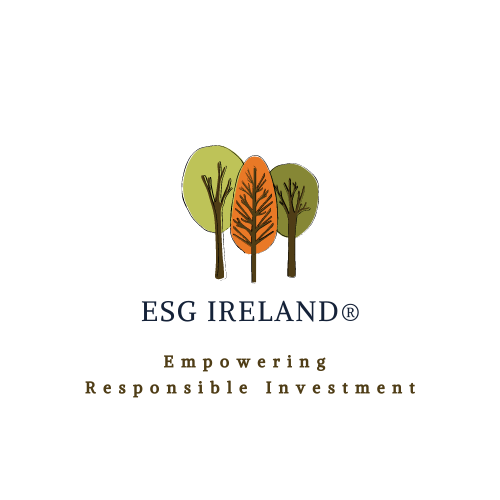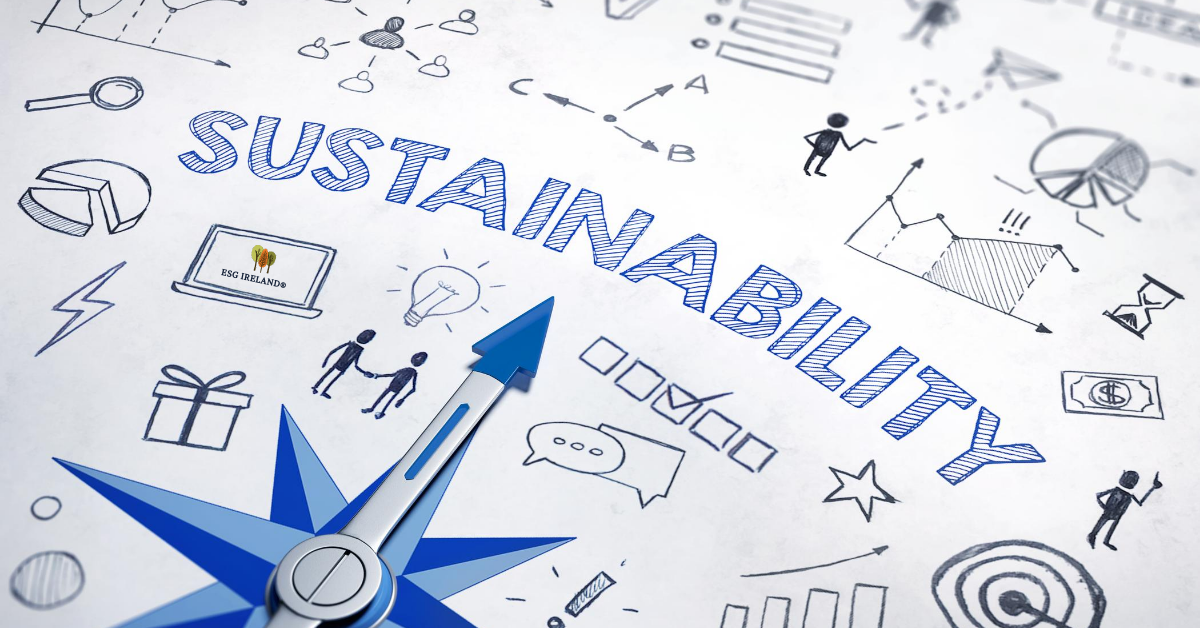ESG: 'Five Archetypes of Behaviour'




Written by Vincent McCarthy, CFA
There was a great article last year in the Harvard Business Review – “How Board Members Really Feel About ESG, from Deniers to True Believers” by N. Craig Smith and Ron Soonieus – which highlighted ‘the gap between aspiration and action’ when it comes to ESG.
“To better understand this gap and the frequency and depth at which sustainability is discussed during board meetings, we interviewed 25 experienced European non-executive directors representing 50 large, well-known companies. In return for the promise of anonymity, they were refreshingly frank in their feedback.”
The Five Profiles
Encountering a wide range of attitudes to the importance of ESG, the authors postulate that “directors cohere around five distinct archetypes of behavior”.
- 1. The Deniers
- 2. The Hardheaded
- 3. The Superficial
- 4. The Complacent
- 5. The True Believers
The profiles are reasonably self explanatory and if you are honest with yourself you will know which category you fall into. Based on my own experience, the five profiles provide a good representation of the spectrum of attitudes I have encountered towards ESG and sustainability. The authors chat to directors but it would be reasonable to categorise leaders from right across the fiduciary chain – directors, executives, investment consultants, investment managers and trustees – by this framework.
The authors note that spotting deniers is not easy: “As open hostility to sustainability is largely unacceptable today, this archetype isn’t always obvious.” I have come across the open hostility, but there is never any sound reasoning. These people are wrapped up in their own ego; the type that define themselves by a job title or a piece of paper. It is all about protecting their own little fiefdom, unable to see beyond their own existence.
The hardheaded try to reason their way out of acting, adding ‘ethical complexity’ to the discussion. One of the directors interviewed said: “Who are we to say that rainforests are rainforests, when the prosperity of the local people comes from palm oil?” This reminds me of a recent discussion I had on ESG, where a pensions manager for one of the largest pension schemes in Ireland said ‘who are we to say what is good?’
Low emotional intelligence constrains their thinking but ego is the big roadblock again. It is their single mindedness to rise up the corporate ladder rather than their creativity which has propelled them to a senior role. They follow rather than lead.




The superficial archetype is much more engaging but they lack follow through. “The superficial directors are well-meaning but are often scared of taking the lead. They may be more concerned with being seen doing the right thing than actually doing it”. These are the talkers, who talk a big game. They “implicitly promote greenwashing”. “By talking the talk, they encourage executives to do the same and fail to give the strategic framework executives need to take real action.”
The superficial archetype already exists in large numbers across the business and investment world. They are helped by the knowledge gap and so their superficial level of knowledge and application can be cleverly masked in stories and jargon. These people end up believing their own stories to the point where they actually believe they are pioneers. Also, by surrounding themselves with similar characters they are rarely are called out for their lack of follow through.
The complacent are busy reveling in the past, citing old triumphs. “Unfortunately, many early adopters of initiatives like CSR reports, green product lines, or responsible supply chains, have not kept up-to date with the latest developments in sustainability.” Enough war stories, it is time to start innovating!
As for the true believers, “these boards members are characterized by the way they understand the term “sustainability.” For true believers, the long-term economic viability of their organization is closely linked and dependent on social and environmental responsibility.” One director they interviewed said: “Sustainability is no longer only about the environment, it has developed to a more holistic and broader view that you could call long-term value creation. The question is always: Are our products and business models future-proof?”
That is the question every organisation needs to be asking. It is not easy in a world focused on quarterly earnings, but the organisations that do take the lead will also reap the benefits longer term. Investors and trustees need to do the same. The stewards of capital have a responsibility to future-proof portfolios and this requires taking a more active role in where capital is allocated and managing future risks.
Outlook – Fiduciary Requirement
The authors conclude: “as sustainability takes on more weight globally, and as investors continue to reward companies for improvements to material ESG issues, we believe it is only a matter of time before board directors find that bridging the gap between aspirations and action is a requirement of fiduciary duty, with all the attendant obligations and liabilities.”
The meaning of fiduciary duty is evolving but typically there is an asymmetry of knowledge at play – one party has more knowledge than the other. For example, within pension schemes, the average pension scheme member is at the end of the fiduciary chain, reliant on a plethora of organisations and individuals, all driven by their own beliefs, values and understanding of fiduciary responsibility.
Yet it is the values of members that matter. Whether trustees and others want to accept it or not, the reality is that the world is changing. More people want to know the impact of their investments.
True Believers
The true believer archetype should not to be mistaken for those who blindly follow the preacher without question, whether it be under the guise of a church or a corporation. Their respective flocks of sheep help preserve the status quo. When it comes to sustainability and ESG, the true believer recognises the scale of the challenges and the need for change to secure our future. That is only the beginning, more people thinking for themselves. The pursuit of better is where true believers actually follow through with meaningful action. When true believers become true revolutionaries.
End
Vincent McCarthy, CFA
